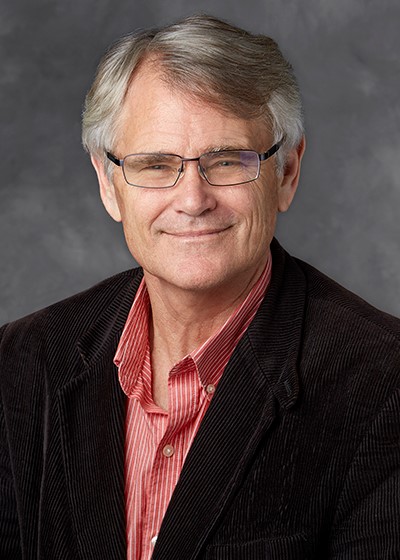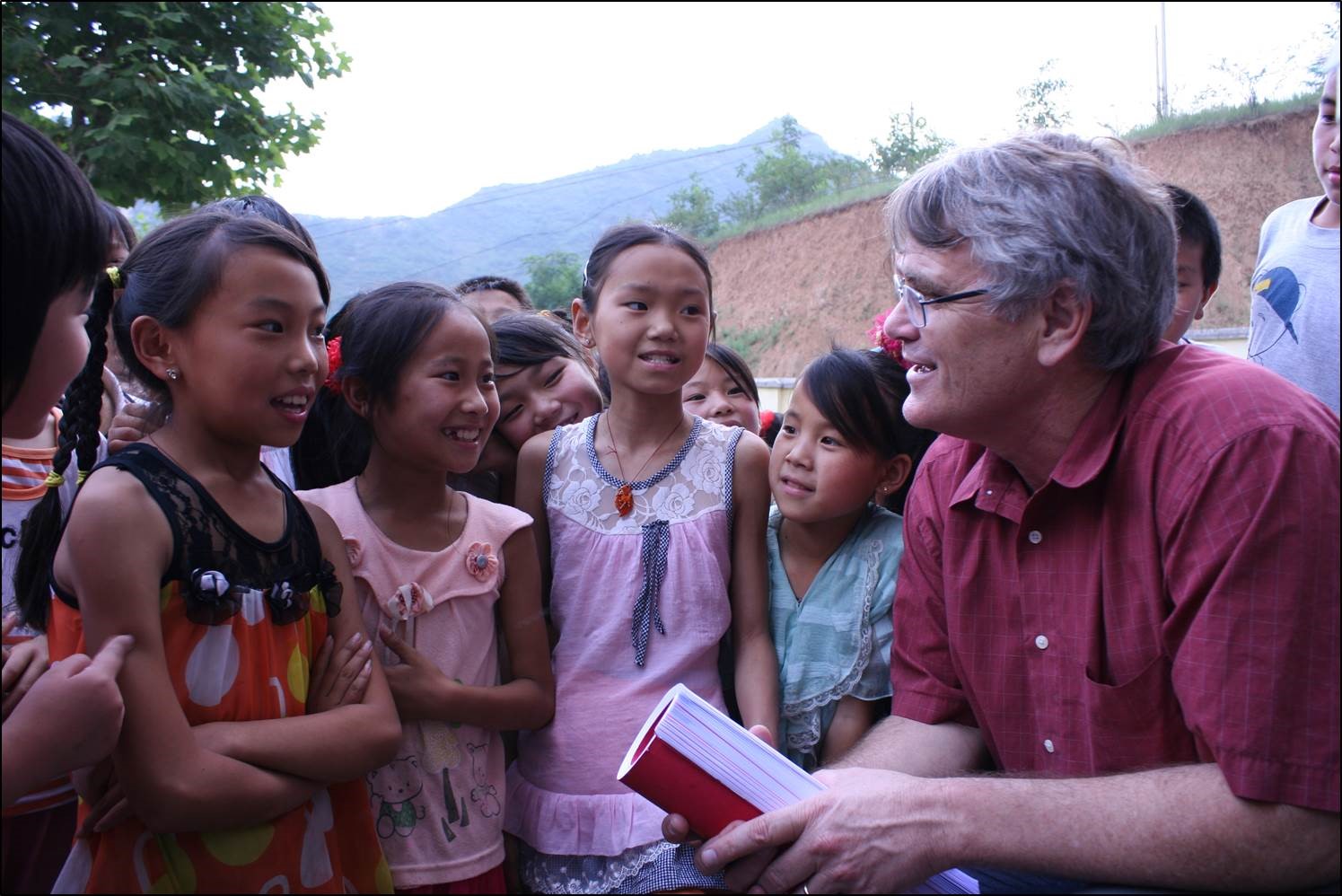I have been going to rural China for nearly 40 years. I have met the local officials who have collaborated with us in collecting data and implementing projects in Chinese rural areas. I have stayed in the homes and eaten meals with families who were farming in the 1980s, working in Township in Village Enterprises in the 1990s, migrating to the big cities to work in factories in the 2000s, and today who are deciding to come back to their villages or buy a home in the county seat and raise their families. All of them have a special story.

(Photo: Scott Rozelle)
But out of all of these, my favorite is when I meet the children. I meet them in the schools where we’ve been passing out glasses or providing nutritious meals as part of our experiments in trying to improve learning outcomes in rural schools. I also meet younger children in the parenting centers where we are trying to teach caregivers about modern ways of investing in young children to have them thrive in the future. The children are my favorite. It’s really why I’ve kept going back for these past two decades. It’s so important. They are often so needy. When you help them, they thrive.
In the last 40 years, all the aspects of Chinese rural areas have changed dramatically, including income, state of mind, education, transportation, health and infrastructure. In the villages that I visited in the 1980s, all of the houses were made of adobe bricks or local lumber. There were no cement floors, no running water, and few people had a bicycle, much less a vehicle. Today, housing is so much better. This shows the rise in income and wealth of the people.
However, it is the people that have changed as much or more. In the 1980s in many rural villages families had four to six children. That is before the one child policy took effect in rural areas, and the desire was to see them not get sick and grow up to be farmers. Today, over 95 percent of mothers or grandmothers who are holding a baby that is less than one year old say their aspiration for education for that child is to have him or her go to college. What a change!

During the last 40 years, Scott Rozelle visited many times in Chinese rural areas. (Photo provided to People's Daily)
For someone like me who saw China at a time when more than 300 million to 400 million people lived under the poverty line, the elimination of poverty is really a thing to celebrate. China must be really congratulated for their efforts to move the last mile. The efforts toward the elimination of poverty during the last 30 years must also be recognized. Implementing the household responsibility system, allowing markets to emerge for agricultural products, allowing villagers to leave the farm and work in factories and construction sites, and opening the opportunities in many new service sectors have all contributed to rising incomes and falling poverty.
China is pushing forward rural vitalization in an all-round way, building a new pattern of rural development in which man and nature coexist harmoniously, cultivating new types of professional farmers, and enhancing farmers' welfare. Important initiatives include new technologies, continued investment in infrastructure, and the creation of organizations that allow farmers to be more productive and integrate themselves into markets more deeply. I think a focus on rural vitalization is extremely timely and addresses important questions.
I think that rural areas need more education, more health care and more early childhood development. At the heart of any nation is its people. And rural people are still undereducated, need better health care, and certainly need a huge investment in early childhood development starting from 0 to 3. Agriculture, education, and health care administration could work together to push this new rural vitalization strategy.
Scott Rozelle is a senior fellow and co-director at Stanford Center on China's Economy and Institutions in Stanford University. His research focuses almost exclusively on China and is concerned with agricultural policy, rural education, rural development, and so on. Rozelle has received the Friendship Award of China, and the National Science and Technology Collaboration Award for scientific achievement in collaborative research.


